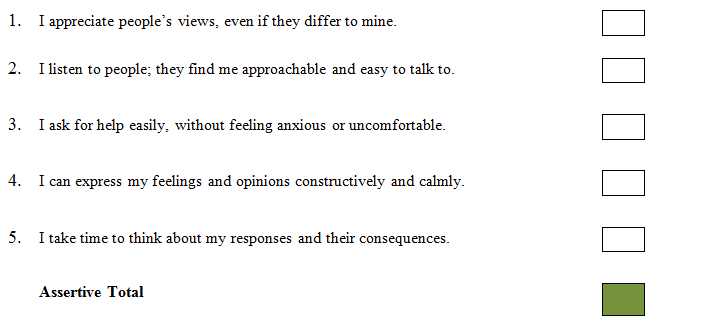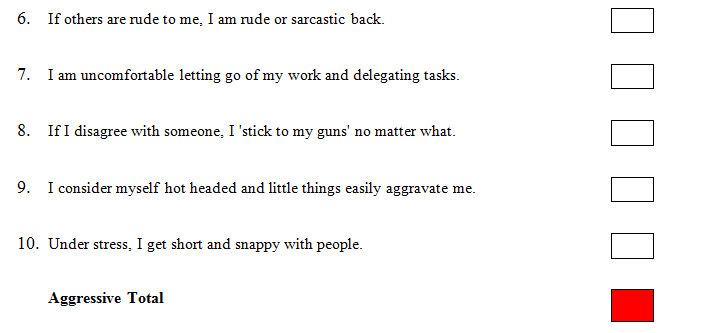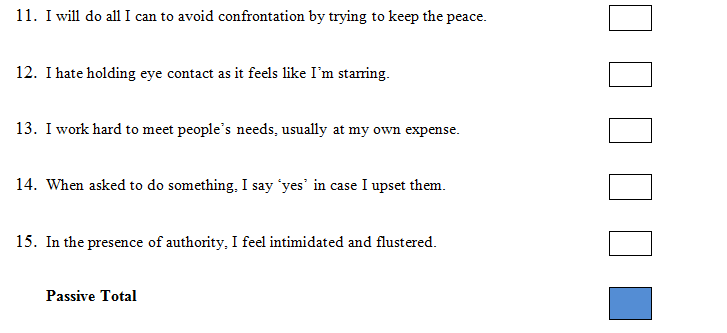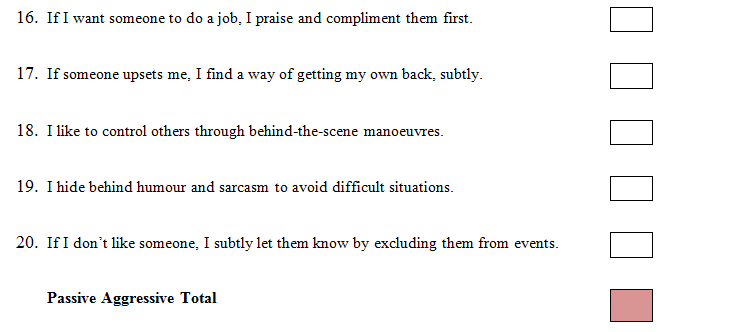Have you ever heard someone say something totally different to what
they actually said? Have you ever daydreamt? Have you ever dreamt at
night?
Well, if you answered “Yes!” to any of those, where did that voice
come from? Was it the one in your head? Don’t worry, we’ve all got one.
Some of us have many, and they can come in very handy.

Here’s the first useful tip for you. In fact, if you ever feel
nervous or if you ever worry, or if you ever tell yourself you should
have known better, then this will be a very, very useful thing to know.
Are you ready?
Did you know that you have total conscious control over that voice in your head?
Did you know that if it nags you or criticises you, you can change
its tone of voice to be anything you want. If it sounded really soothing
and supportive, would you be more inclined to listen to its advice?
If it sounded really excited and enthusiastic, how do you think you
would feel? Try it out now…..In a really critical, harsh voice, say,
“That was rubbish, you should have known better”. Next, use a really
kind and supportive voice to say “Hey! That didn’t work so well, what
can you do differently next time?” Pay attention to the difference in
how you feel about those two voices.
You can change the qualities of the voice inside your head. You can
make it sound supportive, you can make it sound like a newsreader, you
can make it sound like a cartoon character. Any of these will change
your emotional state and allow you to benefit from the feedback from
your internal commentator. In fact, you can change the qualities of any
of your sensory systems to change the emotional content of memories.
Only you can master your self-talk
From a teaching perspective, the voice inside your head is called
your ‘Internal Dialogue’. Other people have taken the idea and renamed
it “self-talk” and a dozen other things. They all mean the same thing –
talking to yourself using the voice that only you can hear inside your
head. Of course, some people talk to themselves out loud, but it’s the
same thing.
We code our experiences of the world into language, so words are far
more than a simple communication medium – they are in themselves models
of our experiences and our reality. Therefore, talking to yourself,
either inside or out loud, is an important aspect of the way that you
understand your experiences. If you find that you criticise yourself
when you get things wrong and that this makes you feel bad, just try
this really simple exercise.
Learn from your mistakes
Next time you make a mistake and the voice says “that was stupid” or
“that was a bad idea” say, in a genuinely curious way, “Thank you! Now,
how does that information help me?” You can try any variation on this,
such as “Thank you! What do you suggest I do differently next time?”
You will find that the results are quite different to when you just
nag yourself. You can make up any form of words that are right for you
as long as you follow the basic structure of “acknowledge value” then
“redirect to a positive course of action”. You probably already apply
this structure when other people offer you criticism – don’t you? It
just helps bypass the emotion of criticism and get to the real value –
the feedback.
You may say “but this doesn’t apply to me” in which case you should
pay twice as much attention. When you’re in a learning environment, some
people will beat themselves up for making “mistakes”. You’ll know when
they do this from listening to what they say, for example “I told myself
I should have known better” or “I said to myself that this was wrong”.
When you hear this, you can constructively intervene by helping them
change their internal dialogue.






 From the best-selling author of Engendered Lives, this groundbreaking
article describes and elaborates upon the theoretical model of the
Mattering Map. This model organizes the principles of contextual therapy
in a manner that honors the complexity, multiplicity and morphing of
the energetic field of mattering. The mattering map is more intimately
related to 21st century physics, neuroscience and constructionist
thought than to 19th and 20th centuries reductionist and fragmenting
epistemological models.
From the best-selling author of Engendered Lives, this groundbreaking
article describes and elaborates upon the theoretical model of the
Mattering Map. This model organizes the principles of contextual therapy
in a manner that honors the complexity, multiplicity and morphing of
the energetic field of mattering. The mattering map is more intimately
related to 21st century physics, neuroscience and constructionist
thought than to 19th and 20th centuries reductionist and fragmenting
epistemological models. This eBook delivers insights on internet marketing and practical
solutions to achive success in todays rapidly changing business
enviroment. Get the jump on your competitors, with the knowledge that
comes from the authors 27 years experence in niche market advertising.
Downloading this eBook will lead you to a wealth of knowledge, that will
fast track your successful future. You owe it to your self to download
my eBook that will help you and any business understand where new
customer growth is coming from with the adoption of online marketing.
What do you have to lose. Download today and become the leader in sales
and marketing. For more details go to,...
This eBook delivers insights on internet marketing and practical
solutions to achive success in todays rapidly changing business
enviroment. Get the jump on your competitors, with the knowledge that
comes from the authors 27 years experence in niche market advertising.
Downloading this eBook will lead you to a wealth of knowledge, that will
fast track your successful future. You owe it to your self to download
my eBook that will help you and any business understand where new
customer growth is coming from with the adoption of online marketing.
What do you have to lose. Download today and become the leader in sales
and marketing. For more details go to,...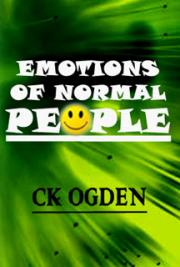
 This FREE eBook includes the ultimate guide to removing and protecting
your computer against adware and spyware. Plus--a free report with
useful tips on how to remove spyware, a discussion about anti-spyware
programs, tips for selecting the best anti-spyware, and information
about the types of programs to avoid. Download it today!
This FREE eBook includes the ultimate guide to removing and protecting
your computer against adware and spyware. Plus--a free report with
useful tips on how to remove spyware, a discussion about anti-spyware
programs, tips for selecting the best anti-spyware, and information
about the types of programs to avoid. Download it today!


